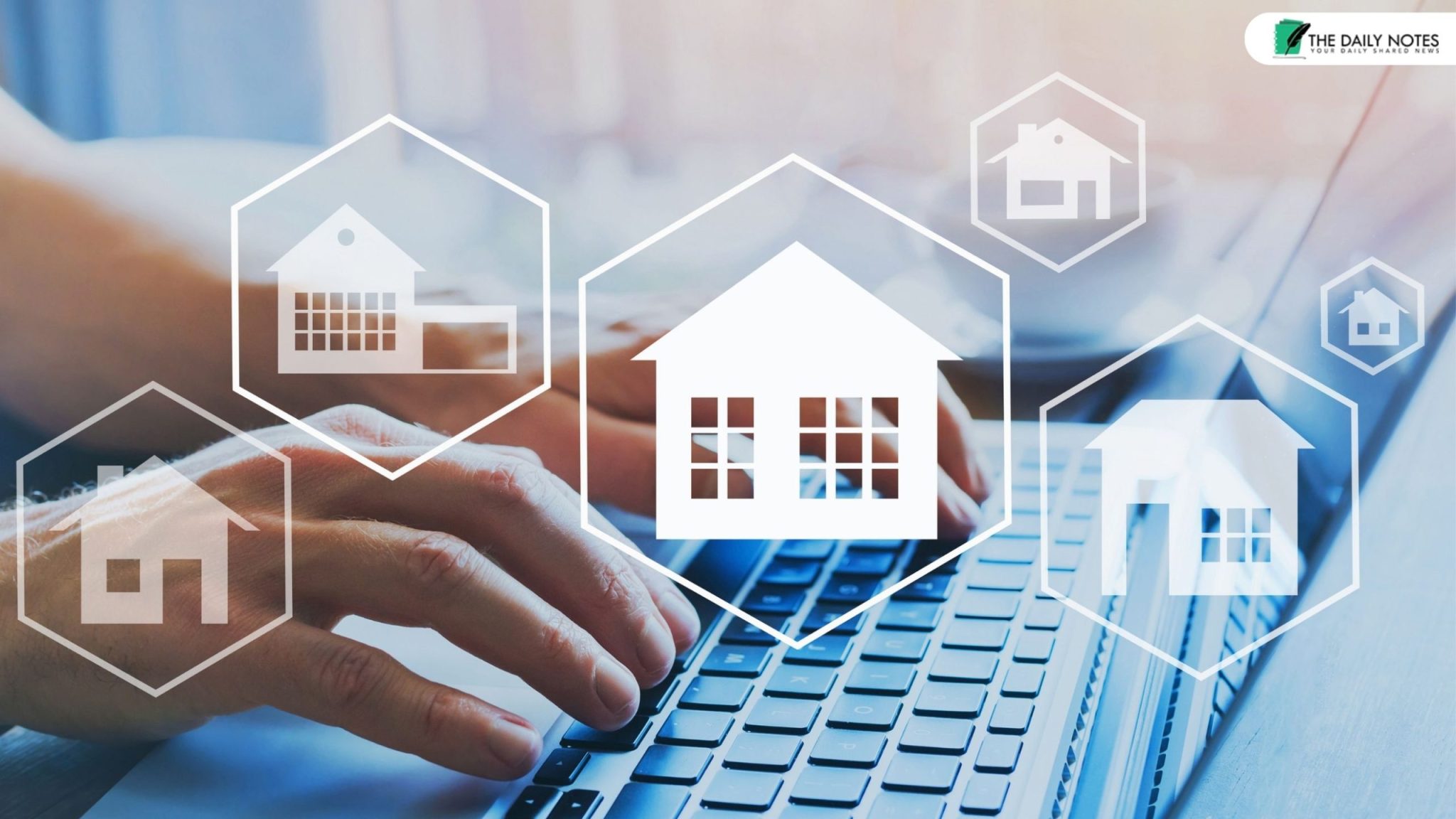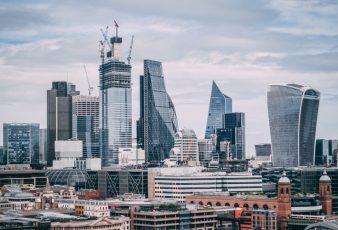Proper maintenance scheduling and preventive measures are crucial for any property management company. Being proactive saves time, money, and headaches down the road.
This article will explore the importance of preventive maintenance, real-world consequences of neglect, overlooked maintenance areas, critical building components, and frequently asked questions about property management.
What is Property Management?

Property management refers to the regular oversight of the real estate in residential, industrial, and commercial areas. Usually, a third party takes on the role of looking after and maintaining the conditions of these real estate properties.
In the United States, property managers are appointed to take care of the daily repairs, construction, security, and overall maintenance of the properties. They mainly work for the owners of the properties and maintain their invested complexes or apartments on their behalf.
Property developers tend to shift their focus from one property to another as soon as it is completed. So, they always prefer to shift the duties and responsibilities of maintaining and safekeeping a property to an outside company. This third-party company sends over their employees to manage the property on behalf of the developer.
Moreover, this process is dually beneficial, as the developer can focus on the new projects, while the property managers can have an income.
Types Of Property Management

With a diverse type of properties, property management is also divided into different types. A property management company need not provide all types of property management to their clients. They can specialize in any one type of it and cater to the needs of the property developers.
Let’s look into the types of property management.
Residential Property
Some property developers hire property management companies to maintain rental real estate. These rental properties include apartments, vacation villas, condominiums, family houses, and townhomes. Generally, the property manager maintains the real estates that cater to people’s residences.
Industrial Property
Oftentimes, company developers require third-party help in maintaining and looking after their industrial properties. So, they hire property management firms to manage heavy or light manufacturing facilities, warehouses, inventory, and distribution units.
Commercial Property
Property managers can also be hired to oversee the maintenance of commercial properties. These managers take responsibility for maintaining public places and accommodations, like hotels, parks, malls, restaurants, and gas stations. Moreover, they also look after office properties and co-working places.
Special Property
Apart from the above three property types, many properties are developed that cannot be kept in any of those categories. So, these properties are kept in the special category. It includes the maintenance of theatres, resorts, special services facilities, temples, churches, religious areas, schools, and colleges.
The Need For Preventive Maintenance

In U.S. cities like Los Angeles, managing properties comes with a unique set of challenges. From dealing with tenant issues to ensuring the structural integrity of buildings, property management can be a daunting task. Moreover, many think buildings don’t require much upkeep once constructed.
This misconception leads to the neglect of preventive maintenance. However, full property management services offer a comprehensive solution to these challenges. Proactive maintenance, a cornerstone of these services, is vital for properties. And it’s better to spot and fix small issues before they escalate into big, costly problems.
Regular inspections and repairs not only ensure the longevity of the property but also keep tenants satisfied. Moreover, managers who invest in full property management services find themselves better equipped to handle the intricacies of property upkeep and avoid major headaches down the road.
Real-World Impacts Of Neglect

Ignore a small leak or crack today, and pay ten times more for the repair tomorrow. Putting off maintenance leads to exponential cost increases over time. Moreover, each dollar saved now could cost four dollars later in capital renewal expenses.
Neglect also causes cascading problems. What starts as a minor pest issue can lead to massive infestations impacting building integrity and tenants’ health. Additionally, slow drips become mold outbreaks. And the more issues arise, the worse a property’s reputation becomes.
Tenants will share their frustrations and maintenance horror stories. And neglect leads to vacancies and loss of rental income. So, don’t wait for small issues to become huge liabilities. Be proactive.
Overlooked Areas

When people think of maintenance, they picture broken appliances or faulty electrical work. But less obvious areas also require vigilance.
Clogged gutters overflow and leak, causing wood rot. Moreover, leaves filling up gutters and blocking drainage under roof tiles lead to foundational damage. This slow destruction is easy to miss.
Yet exterior maintenance for industrial buildings costs three cents per square foot. Moreover, letting debris pile up will lead to expensive repairs. Make sure gutters and drainage stay clear. Don’t wait for damage to the ceiling and walls to appear.
Regular inspections and clearing of debris are essential preventive measures. A little time clearing leaves is nothing compared to repairing structural issues later.
While preventive maintenance is needed in every area, some building systems require extra vigilance and care to avoid catastrophic failures.
HVAC Systems

As the mechanisms responsible for climate control throughout a property, HVAC systems impact tenants’ comfort daily. Dysfunctional heating or cooling leads to immediate complaints.
Moreover, HVAC issues can also quickly create bigger problems. Faulty parts, like a cracked evaporator coil, can lead to expensive refrigerant leaks. Additionally, poor drainage for condensation causes mold outbreaks in ducts and walls.
To avoid HVAC emergencies, managers must follow detailed preventive maintenance checklists.
This includes:
- Monthly filter changes
- Quarterly pipe and drain inspections
- Annual comprehensive tune-ups to check refrigerant, calibrate thermostats, inspect ducts, and replace any worn parts
Investing in predictive maintenance is also wise. Sensors to monitor HVAC components detect problems early. This avoids waiting for total failure. Moreover, any detected issues can be addressed in off-peak hours to minimize tenant disruption.
Plumbing

Leaks, clogs, and mold are constant plumbing hazards. Drips behind walls go unseen for months and lead to structural damage. Additionally, overflowing drains due to clogs damage property and tenants’ belongings.
Preventive plumbing maintenance should include:
- Monthly inspections for leaks, worn pipes, and proper water pressure
- Quarterly testing for hidden wall moisture and mold
- Annual camera inspections of main drains and sewer lines
Catching leaks early is crucial. Small drips turn into huge reconstruction projects and mold remediation jobs if left unaddressed. Clearing clogs quickly avoids backup floods.
Electrical Systems

Faulty electrical work leads to power failures, shorts, and fire hazards. Preventive maintenance helps avoid massive reconstruction costs and legal liabilities.
- Monthly inspections of outlets, panels, and visible wiring
- Annual full electrical inspections checking all outlets, switches, panels, wiring, and circuit breakers
- Proactive replacements of old switches, outlets, and breakers before they fail
Additionally, the small monthly and annual costs are nothing compared to a major electrical overhaul needed after a fire or power surge due to faulty wiring.
Regular preventive maintenance for critical systems keeps properties running smoothly and tenants happy. Furthermore, an ounce of prevention is truly worth a pound of cure when it comes to building systems maintenance.
Preventive Maintenance As An Investment

Think of preventive maintenance like insurance. You pay small amounts upfront to avoid huge expenses later.
While regular inspections and minor repairs have costs, breakdowns and replacements are far more expensive. Paying $200 per year to inspect and replace worn parts is nothing compared to paying $5,000 to replace an entire air conditioning unit after failure.
Preventive maintenance keeps small issues small. Moreover, instead of facing urgent crises that disrupt tenants and require major capital, property managers can plan repairs at convenient times.
A comprehensive preventive maintenance plan helps avoid unexpected catastrophes and keeps tenants happy. Protect properties and budgets with proactive management.
Key Takeaways
- Preventive maintenance protects building integrity and saves money
- Neglect leads to exponential cost increases and damage
- Critically review overlooked areas like drainage and gutters
- Prioritize inspections and repairs for key systems like HVAC
- Regular maintenance protects your investment and tenants
Don’t wait for small issues to balloon into major liabilities. Protect your property and budget with comprehensive preventive maintenance scheduling.
Conclusion
Preventive maintenance is essential for any property management company. Regular inspections, timely repairs, and proactive replacements save time, money, and headaches. Being reactive instead of proactive leads to exponential cost increases, disruptions for tenants, and damage to buildings.
To build an effective preventive maintenance program, managers must focus on often overlooked areas like drainage systems. Things like clogged gutters can lead to major structural issues if left unaddressed. Regularly clearing out debris is a simple task that prevents immense costs down the road.
With a comprehensive schedule of preventive measures, managers can avoid unexpected crises. Taking a proactive approach keeps small issues from becoming major emergency repairs. It also shows tenants that their comfort and safety are a priority. This protects a property’s reputation and occupancy rates.
In short, preventive maintenance must be a cornerstone of every property management company’s approach. It leads to longer building life, higher tenant satisfaction, and major cost savings over time.
Read Also:




























